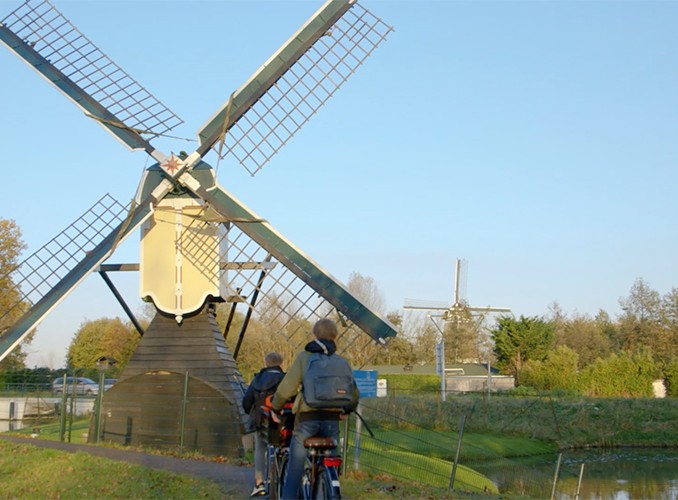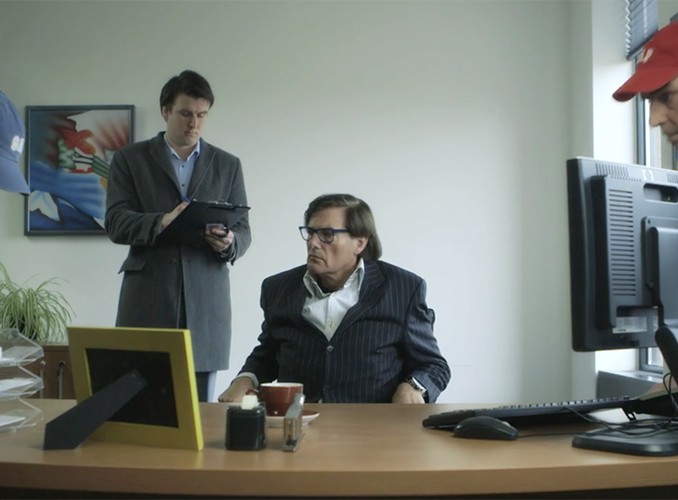Divorce mediation means getting divorced together
It takes courage to get a divorce and it takes even more courage to go and see a mediator together. After all, you’ll need to say exactly what’s on your mind – in front of your partner.
If that sounds like too much to deal with, there is another option.
Getting a lawyer to represent you in your divorce
The alternative is that each party is represented by his or her own lawyer whose job it is to express thoughts and feelings in clear but powerful legal language. Bear in mind, though, that this is language that may hurt. It’s language that turns a former partner into an opponent – one who also communicates exclusively through another lawyer. It may well lead to a sharpening of positions and a rise in temperature. One party’s gain is inevitably the other party’s loss.
But does this necessarily lead to a better outcome? My experience in representing clients in an acrimonious divorce is that even a bit of contact – often instigated by the court – is capable of turning two parties who were previously at loggerheads with each other into cooperative ex-partners who are capable of resolving disputes on their own.
It just takes a bit of courage.
Divorce mediation means being prepared to discuss things together
Opting for mediation means that you and your former partner must be prepared to discuss things together right from the very start, in the presence of a neutral divorce mediator. And yes, it also means going without the protective shield offered by a lawyer or by a judge in court, and yes, that can be quite a test. But the great thing about mediation is that you – together with your former partner – remain very much in control of the whole process.
You embark on a voyage of discovery together. A voyage that’s intended to find out what really matters to you. In other words, what do you really want the process to achieve?
The advantage of divorce mediation: working out what matters
In many cases, a request for maintenance or to be allotted half the value of the marital home is much more than just a vague wish. It’s often sparked by a need for peace of mind or a sense of well-being. Equally, though, it may be all about earning and feeling a sense of respect. These are very rarely subjects touched upon by a court judgment.
As a divorce mediator, my task is to put my finger on such underlying feelings and needs. To identify them and bring them to the surface. And then to create a setting in which the former partners can express these feelings and needs to each other.
After all, once you have worked out what it is that really matters – both to yourself and to the other person – it becomes much, much easier to make the appropriate arrangements, quickly and effectively. Even at a time as difficult and painful as when you are going through a divorce.
This, in short, is the advantage of showing a bit of courage.
Why not arrange a free introductory meeting with one of our divorce mediators?
Our divorce mediators are all specialists with plenty of experience in both the legal and emotional aspects of divorce. They are keen to safeguard the interests of all those involved, including any children.
If you’d like to find out whether mediation would be a good idea in your situation, why not register for a free, 30-minute introductory meeting? It’s a great way of obtaining more detailed information about the mediation process and what it involves.
Just call us on 071-7502205 or complete the form at the bottom of the page.
Subsidised legal aid
Provided that you both qualify, the Dutch government will pay a fixed sum towards the cost of a divorce mediator, so that you yourselves only need to pay a means-tested personal contribution. This system is known as subsidised legal aid (gesubsidieerde rechtsbijstand or toevoeging in Dutch). See www.rvr.org/english, where you can also download a brochure with information on legal aid in the Netherlands.
It’s important to point out that this is not a system we work with here at RWV Advocaten. If you wish to make use of subsidised legal aid, please contact the government’s Juridisch Loket on 0900-8020. They will then refer you to a mediator who works for clients who have been granted legal aid.







